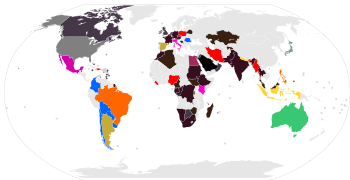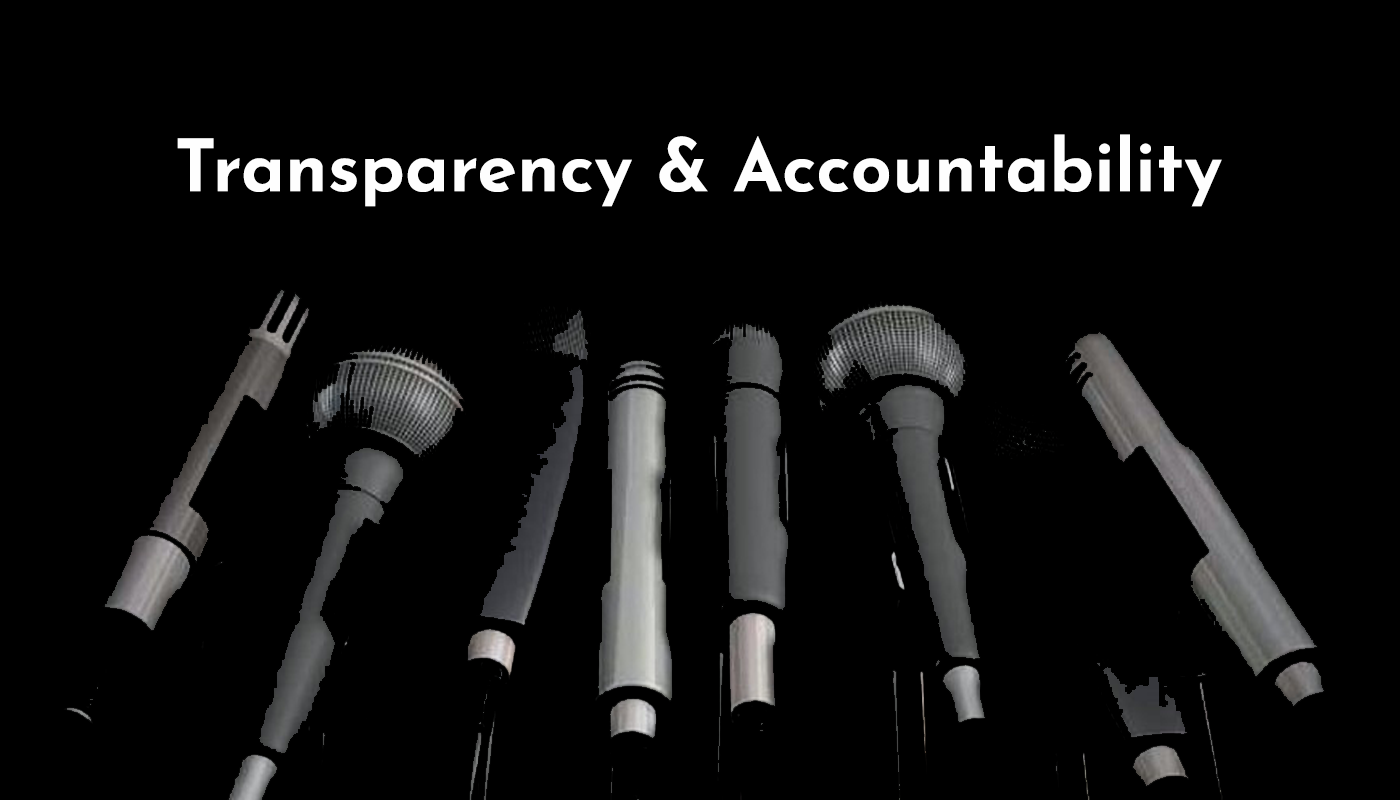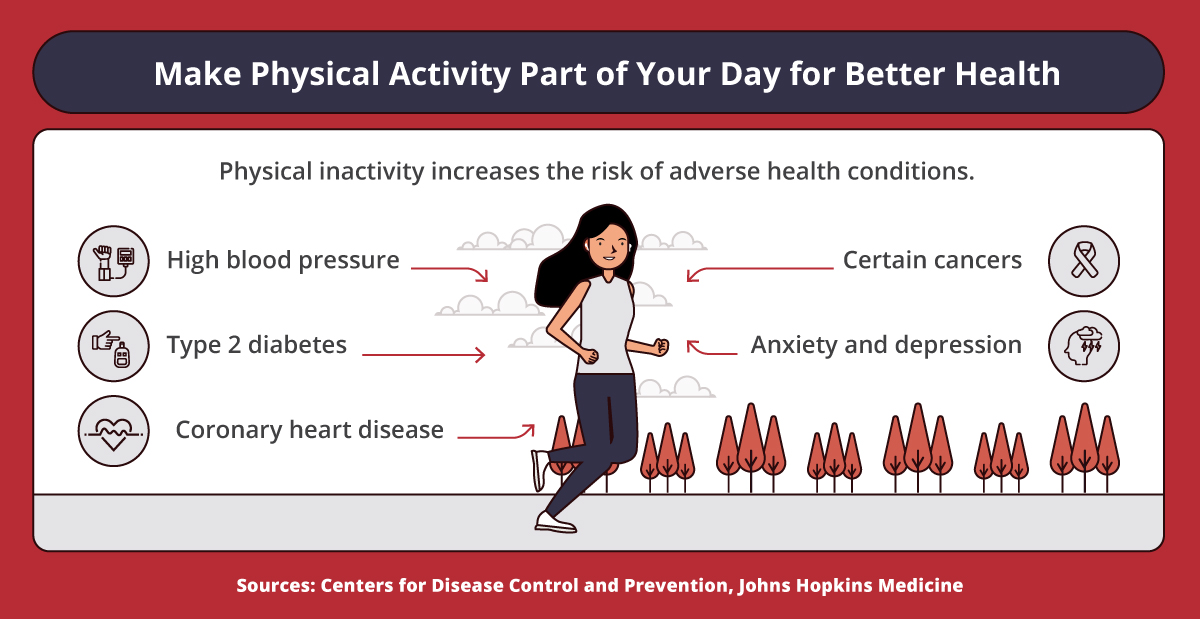A Deep Dive into the Impact of Elections on Political Outcomes
Explore how electoral systems impact political outcomes. Discover the significance of electoral systems in shaping political dynamics

The Crucial Role of Electoral Systems in Shaping Political Outcomes
In the dynamic world of governance and politics, the role of electoral systems cannot be overstated. Electoral systems play a pivotal role in determining the political landscape, impacting everything from the composition of legislatures to the policies enacted by governments. As we delve into the complexities of this topic, we will examine how electoral systems influence political outcomes, drawing on examples from the United States and around the world, while also considering the latest developments in political news today.
Electoral Systems: A Primer
Before we dive into the impact of electoral systems, let's briefly understand what they entail. Electoral systems are the rules and mechanisms by which citizens choose their representatives and leaders. These systems come in various forms, such as first-past-the-post, proportional representation, and mixed-member systems. Each has its unique characteristics and effects on political outcomes.
Shaping the U.S. Political Landscape
The United States, often in the spotlight of political news today, provides an illuminating case study. The country employs a first-past-the-post electoral system in most of its elections. In this system, the candidate who receives the most votes in a single-member constituency wins. This simple but impactful mechanism can lead to a two-party dominance, as smaller parties often struggle to gain representation. Consequently, the U.S. political landscape is largely defined by the Democratic and Republican parties.
Influencing Governance and Policies
The choice of an electoral system significantly influences governance and policy outcomes. In systems that promote proportional representation, like the one used in Germany, smaller parties have a better chance of gaining representation. As a result, coalition governments become the norm, and policies are shaped through negotiation and compromise among various parties. This diversity can lead to more comprehensive policy solutions and a broader range of voices being heard.
World Politics News: Global Perspectives
Looking beyond the United States, it's evident that electoral systems have a profound impact on state and politics worldwide. In countries like Canada and the United Kingdom, first-past-the-post systems have also led to two-party dominance, albeit with variations. Meanwhile, nations like Sweden and New Zealand have embraced proportional representation, fostering multi-party democracies.
International Political News: A Shifting Landscape
The importance of electoral systems extends to the international stage. International political news often highlights the impact of electoral choices on geopolitics. For instance, the recent parliamentary elections in Israel demonstrated how a proportional representation system can lead to fragmented politics and complex coalition negotiations, ultimately shaping foreign policy decisions.
Upcoming Political Events: The Electoral Angle
As we consider upcoming political events worldwide, it is essential to recognize how electoral systems can influence the outcomes of elections. In countries with majoritarian systems, parties may strategically adapt their political campaign strategies to target specific constituencies and demographics. In contrast, those under proportional representation may focus on broad appeal and collaboration with other parties.
Political Campaign Strategies: Tailored to Electoral Systems
Political campaign strategies are intrinsically linked to the electoral system in place. In winner-takes-all systems, candidates may concentrate their efforts on battleground states or districts, while in proportional representation systems, they might emphasize broad policy platforms and coalition-building. The choice of electoral system dictates the playbook for political campaigns.
The Impact on Representation and Accountability
One of the critical aspects of electoral systems is their impact on representation and accountability. In winner-takes-all systems like first-past-the-post, there is a greater likelihood of a majority government, where a single party holds a majority of seats in the legislature. While this can provide stability, it also means that the governing party may not represent the full diversity of views in society.
On the other hand, proportional representation systems often result in coalition governments, where multiple parties are required to work together to pass legislation. While this can lead to more comprehensive representation of various political perspectives, it can also make decision-making more complex and compromise-driven.
Furthermore, the choice of an electoral system can influence voter behavior. In winner-takes-all systems, there is often a strong emphasis on tactical voting, where voters may cast their ballots not for their preferred candidate but against the candidate they least want to see elected. This strategic voting can lead to less satisfaction with the outcomes and a feeling of being forced into making compromises.
In systems that employ proportional representation, voters may feel more empowered to vote for smaller parties or candidates who closely align with their values, as they are more likely to gain representation in a multi-party legislature. This can lead to a more diverse and dynamic political landscape.
The Role of Electoral Systems in Voter Turnout
Another significant aspect of electoral systems is their impact on voter turnout. The ease and accessibility of voting can vary depending on the electoral system in place. In some countries, where voting is compulsory or where elections are held on weekends, voter turnout tends to be higher. In contrast, systems that require voters to register in advance or vote on a working day may result in lower turnout.
The choice of an electoral system can also influence how political campaigns are conducted. In systems where a small number of swing voters in closely contested districts can determine the outcome, campaigns may focus intensely on mobilizing these voters. In contrast, in proportional representation systems, where the allocation of seats is based on the overall vote share, campaigns may prioritize expanding their appeal to a broader range of voters.
The Connection to Political Reform
Given the significant influence of electoral systems on political outcomes, discussions about political reform often revolve around the question of whether to change the electoral system. Such discussions can be contentious, as different groups have vested interests in the status quo.
In the United States, for example, debates about electoral reform, such as adopting ranked-choice voting or moving away from the Electoral College system, have gained prominence in recent years. These discussions reflect the recognition that the choice of an electoral system can profoundly shape the political landscape and that reforms can potentially lead to more representative and accountable governance.
Electoral systems are not mere technical details of the electoral process; they are foundational elements that shape the very essence of governance and politics. From the way representation is achieved to the strategies employed in political campaigns and the level of voter engagement, electoral systems have far-reaching consequences.
As we navigate the ever-evolving landscape of governance and politics, it is essential to remain informed about the role of electoral systems and their impact on political outcomes. By understanding how different systems function and their potential effects, we can engage in informed discussions, advocate for meaningful reforms, and ultimately contribute to the evolution of more responsive and representative democracies around the world. In the realm of politics, the rules of the game matter, and electoral systems are the rulebook that governs our democratic processes.
What's Your Reaction?















